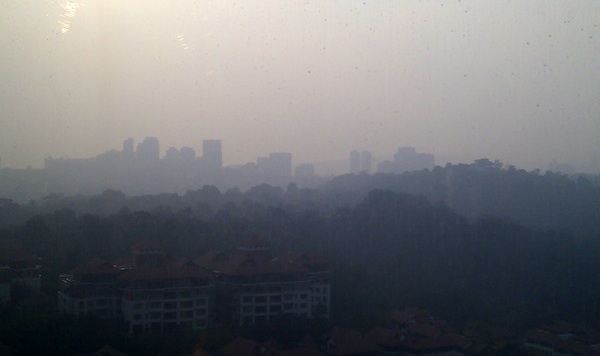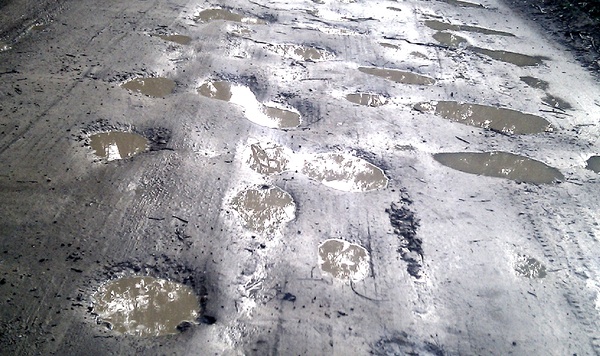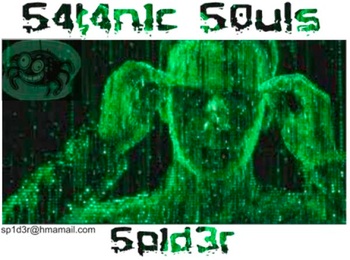A weekly summary of what I’ve been doing elsewhere on the internets. Most of the week was spent in Kuala Lumpur, my first visit. I’ll write more about that anon.
Podcasts
- Patch Monday episode 104, “Can security ever beat PEBKAC?”. A conversation with Paul Ducklin, head of technology for the Asia-Pacific region with Sophos, and Chris Gatford, proprietor of Hack Labs, a specialist in penetration testing.
Articles
- Rogue Google certificate used by 300,000 Iranian IPs , CSO, 6 September 2011.
- Kaspersky sets sights on corporate market, CSO, 8 September 2011.
- MD5 password hashes are dead, CSO, 9 September 2011. A warning from Kaspersky Lab analyst Evgeny (“Eugene”) Aseev.
Further material from the Kaspersky Lab event is appearing from today.
Media Appearances
None.
Corporate Largesse
- On Tuesday I had lunch at Ocean Restaurant, Cockle Bay Wharf, thanks to Check Point. There’s some material from the conversations there that will appear in the next few days.
- On Tuesday night I travelled to Kuala Lumpur thanks to Kasperky Lab. Their largesse included flights and airport transfers; meals and accommodation at Le Meridien; an evening sightseeing trip to Putrajaya including dinner on a cruise boat; a Kaspersky-branded leather document case, rather nice actually; Kaspersky-branded USB-powered speakers; and a t-shirt. I declined the offer of an all-day sightseeing tour on Friday because I had work to do.
Elsewhere
Most of my day-to-day observations are on my high-volume Twitter stream, and random photos and other observations turn up on my Posterous stream. The photos also appear on Flickr, where I eventually add geolocation data and tags.
[Photo: Kuala Lumpur skyline, shrouded in haze, photographed with my battered HTC Desire from the 14th floor of Le Meridien, KL Sentral. It’s like this pretty much all day, what with the Indonesians burning down the rainforests and all. The photo doesn’t do the scene justice. I have since obtained a decent camera.]





